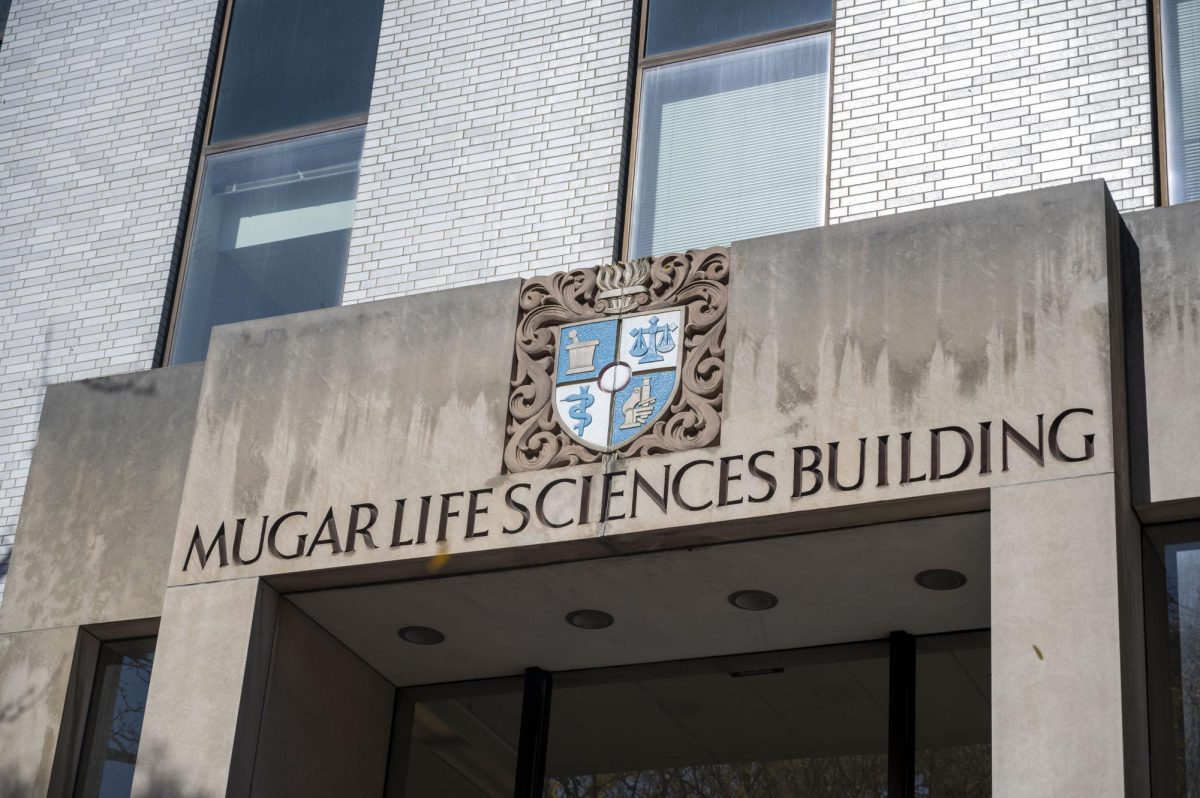By Christine Meade
The rush of city life, traffic, working and classes seems to seamlessly slip away upon entering the Public Garden during the later spring and summer months.
This area is like a separate world from that of the busy metropolis known as Boston. There are people picnicking in the grass, strolling through the flower-lined paths and feeding the ducks that reside in the not-so-long-ago frozen water. And who could forget the Swan Boats, which are rooted in over 120 years of Boston history?
Even though a visit to the Public Gardens now may only provide us with some frost-covered shrubbery, an icy pond and bare trees, the opening of the Swan Boats on Saturday, April 19, is a sure sign that spring is on its way. These boats that reside in the Public Garden Lagoon will run everyday, weather permitting, until Sept. 21, when they close for the fall and winter seasons.
The 15-minute ride, calming and serene, will take you through the lagoon where famous children’s stories such as “Make Way for Ducklings” and “The Trumpet of the Swan” have been based.
Robert Paget is the man responsible for creating and first operating the Swan Boat business when he got a boat license in the 1870s. The Swan Boats, being the only ones like it in the world, were developed when Paget created the principle of using pedaling power in order to move the boat, and he also created the idea that a swan should cover the captain of the boat. The swan concept came from Paget’s knowledge of the opera “Lohengrin” — a German story about a knight of the Grail crossing a river on a boat drawn by a swan to rescue the Princess Elsa.
The current fleet of six Swan Boats is still owned and operated by the descendants of Robert Paget. The Public Garden, home to the Swan Boats, was first brought into existence in 1837, becoming America’s first public garden, designed by George V. Meacham. The design of the gardens, which were once swamp land like most of Boston’s landscape, won Meacham a prize of $100 — a sizable sum of money in 1837.
The Swan Boats are still an attraction for young and old, and they should be around for a long time to come, due to the fact that the Public Garden’s 24 acres were preserved forever as “an open space for citizenry” in an 1859 Act of the Massachusetts Legislature.
Now that the chilling weather is driving students wild, it may be worth the $2 to experience the Public Garden from the viewpoint of the back of a swan.








